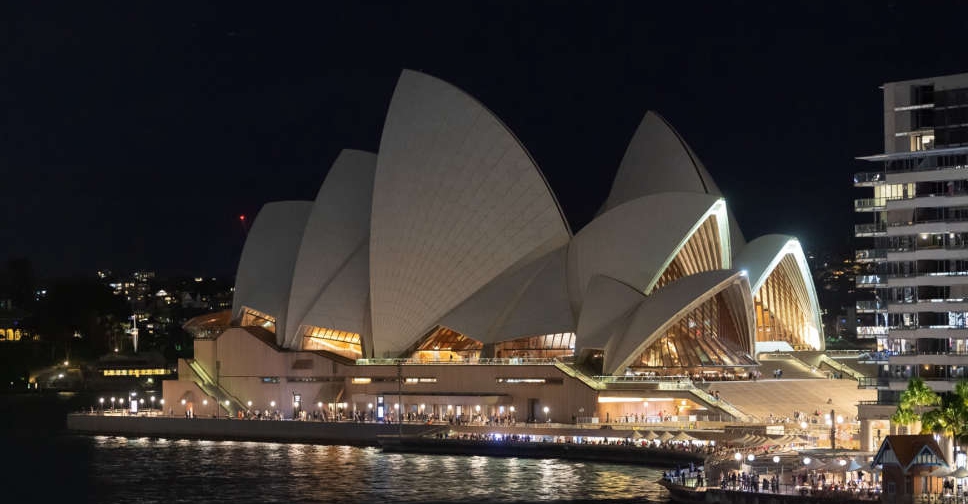
A decision not to light up the sails of the Sydney Opera House to mark the coronation of King Charles was a cost saving measure, a spokesperson for the state government of New South Wales said on Saturday.
Across Australia, where King Charles is head of state, the role of the monarchy is controversial.
The country held a referendum in 1999 on becoming a republic with 55 per cent of voters opposed, while more recent polls have shown varying levels of support.
While many public buildings and monuments, including Parliament House in the capital Canberra, will be illuminated in royal purple on Saturday night to mark the coronation, the Sydney Opera House, lit up last year to commemorate the death of Queen Elizabeth II, will not be among them.
"The New South Wales Government believe it has struck the right balance in terms of meeting community expectations on commemorating the occasion while being mindful of public expense," the government spokesperson said.
On Sunday, celebrations at Parliament House are set to include Australian military personnel firing off a 21-gun salute, and an Australian air force fly-past.
Prime Minister Anthony Albanese, in London for the coronation, has said he will take the oath of allegiance to King Charles at the ceremony, despite being a republican.
"I want to see an Australian as Australia's head of state ... That doesn't mean that you can not have respect for the institution, which is the system of government that we have", Albanese told state broadcaster ABC on Friday.
In addition to Australia, King Charles is head of state in New Zealand and 12 other Commonwealth realms outside the United Kingdom, although the role is largely ceremonial.

 UK inquiry finds 'chilling' cover-up of infected blood scandal
UK inquiry finds 'chilling' cover-up of infected blood scandal
 Iranian President Raisi killed in helicopter accident, state media says
Iranian President Raisi killed in helicopter accident, state media says
 ICC prosecutor seeks arrest warrants for Israeli, Hamas leaders
ICC prosecutor seeks arrest warrants for Israeli, Hamas leaders
 Assange given permission to appeal against US extradition
Assange given permission to appeal against US extradition
 Israel intends to broaden Rafah sweep, Defence Minister tells US
Israel intends to broaden Rafah sweep, Defence Minister tells US




